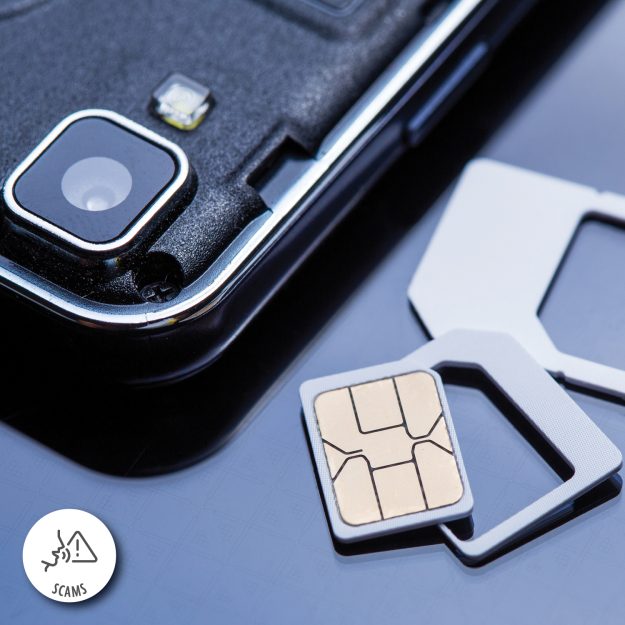How Can I Save on Holiday Shopping?
Q: The holidays always have me worried about money. With inflation soaring, I’m more stressed than ever. How can I save on my holiday shopping this year?
A: If you’re worried about making it through the holiday shopping season in the midst of record inflation, you’re not alone. A recent survey shows that 59% of American shoppers are stressed about buying holiday gifts due to higher prices this year. With some careful planning, though, you can enjoy stress-free holiday shopping. Here are seven easy ways you can save.
1. Shop early
Experts are urging shoppers to hit the stores earlier than normal this year to take advantage of early-season sales. Lots of big-box stores are struggling with a supply surplus thanks to an inflation-triggered decline in demand. This will likely lead to sales events to make room for more current inventory. Shop these sales for big savings.
2. Set a budget
Before you start shopping, build a reasonable budget for your holiday shopping. Make your budget easier to keep by allocating a specific amount for every gift, shopping with cash and/or reviewing your budget often.
3. Shop with a list
Instead of blindly hitting the stores, make a list of every gift to buy for friends and family. You’ll be far more likely to stay within budget when your purchases are pre-planned.
4. Leave some last-minute shopping for Green Monday
While it’s best to do the bulk of your shopping early in the season, you can leave some last-minute gift-shopping for Green Monday on Dec. 14. This is when retailers make their final pre-holiday markdowns.
5. Think outside the box
If ever there was a holiday season to get creative with gifting, this is it. Retail inventories are full of products that were backed up during the post-pandemic supply-chain disaster. Think furniture, home decor and more. While these items may not be typical holiday gifts, there’s no real reason you can’t delight a loved one with a new office chair, exercise bike or coffee organizing station.
6. Give gift cards
Protect your gift list against inflation by giving some gift cards. You can find discounted cards on sites like GiftCardGranny and CardCash, or use cash-back apps to earn them at no cost. Gift cards are easy to shop for, easy to budget for and appreciated by the receiver.
7. Use apps to save
In 2022, there are so many apps that can help you spend less on your shopping, and even put money back into your pocket. Try coupon-scanning apps like Honey, cash-back apps like Ibotta and points apps like Drop to save this season.
Use the money-saving tips offered here to shop for the holidays without breaking your budget.





